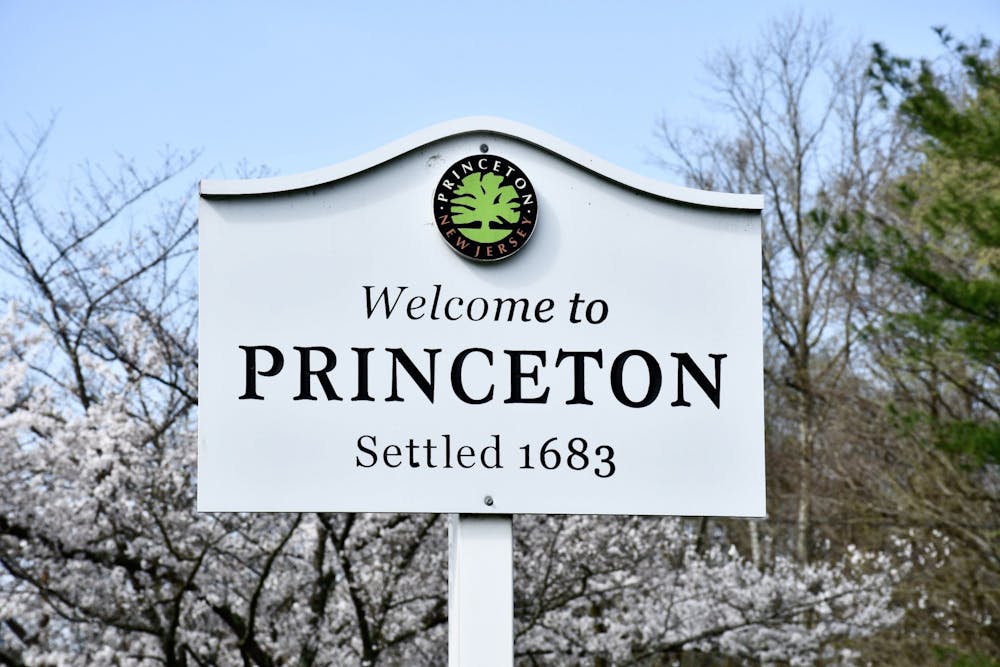COVID-19 has resuscitated Rahm Emanuel’s (in)famous phrase: “Never let a crisis go to waste.” While a crisis is not the time to smuggle through policies you couldn’t pass during normal times, Emanuel’s phrase does have some merit. Crises can illuminate problems that have heretofore gone unnoticed or unarticulated. It would indeed be wasteful to not engage with those problems in good faith.
COVID-19 has demonstrated that American federalism needs some updating. In light of the fact that states such as New York have hundreds of thousands of cases while states like Alaska only have a few hundred, it makes sense for state capitols rather than Washington to be calling the shots on shutdown orders. That said, the virus is hitting different parts of states just as disproportionately as the nation writ-large. As some governors enforce shutdown orders in parts of their states that have very few confirmed cases, it is fair to take a step back and ask: when it comes to shutdown orders, should mayors and county commissioners be in the driver’s seat?
Take my own state of Pennsylvania, for example. Governor Tom Wolf rightly began with a county-by-county shutdown approach, but soon enough he had placed the entire state on shutdown. The statewide shutdown lasted nearly two months. A shutdown in Philadelphia, which has over 21,000 confirmed cases at the time of this writing, made abundant sense. That said, it is certainly understandable that Pennsylvanians living in Forest County (seven cases) or Sullivan County (two cases) felt extremely frustrated before their shutdown orders were partially lifted on May 8th. I am not condoning the recent public protests in Harrisburg, but couldn’t there have been a shutdown approach in states like Pennsylvania that didn’t induce an unnecessary statewide shutdown and the potentially virus-spreading public gatherings it provoked?
Such an approach would align the distribution of governing authority with reality. The reality is that different parts of states are experiencing the virus in vastly different ways, but the current distribution of governing authority in many states leaves local mayors and county executives powerless and governors overly powerful. This would not be a problem if we always had governors in office who were acutely aware of this reality and wary of unnecessarily bringing the full weight of government to bear on local communities. But as James Madison said in Federalist No. 10: “Enlightened statesmen will not always be at the helm.” Alas, they are not.
The disconnect between governors’ state-wide orders and the differing needs of intrastate, local communities has been bipartisan. While rural Republicans in Michigan were protesting Gov. Whitmer’s decision to keep the state shut down, for example, Atlanta Mayor Keisha Lance Bottoms (D) was pushing back on Republican Gov. Brian Kemp’s moves to begin re-opening Georgia. Again, the pandemic-related needs of Atlanta’s Fulton County (4,054 confirmed cases at the time of this writing) were quite distinct from those of, say, Treutlen County (eight confirmed cases at the time of this writing), yet the governor treated unlike counties alike.
As policymakers plan for future public health crises, they should take into account the potential benefits of localizing authority over shutdown orders. While the federal government, state governments, and the private sector should take the lead in producing and distributing tests and other life-saving supplies, allowing counties to call their own shots regarding shutdown orders during future crises would result in a number of benefits. For example, even in our densely interconnected economy, the economic damage wrought by COVID-19 surely would have been reduced if more local economies were not needlessly shuttered.
Localization would also promote civic happiness. Under the current, one-size-shutdown-fits-all-the-state approach, rural and urban residents increasingly look at one another with contempt. From the rural point of view, the high case counts from the urban areas got us all into this needless shutdown mess in the first place. From urban Americans’ point of view, rural residents’ reckless protesting has exacerbated our very real public health crisis. Under a more decentralized shutdown scenario — where localities would be empowered to go their own way with regards to shutdown orders — the underlying reasons for such contempt would be eliminated. Different localities could go down their own policy paths. Taking a necessarily more restrictive approach, urban localities would have protected the literal lives of their residents. Taking a more lax approach, officials in less densely populated, less infected localities could have avoided unduly hampering their citizens’ ways of life and livelihoods.
Where appropriate, devolving power from Washington to the states often proves a boon to the causes of self-government and citizen satisfaction. Our experience with COVID-19 indicates that devolving power from the states to our counties may do the same.
Thomas Koenig is a senior in the Politics Department from Oreland, PA.









